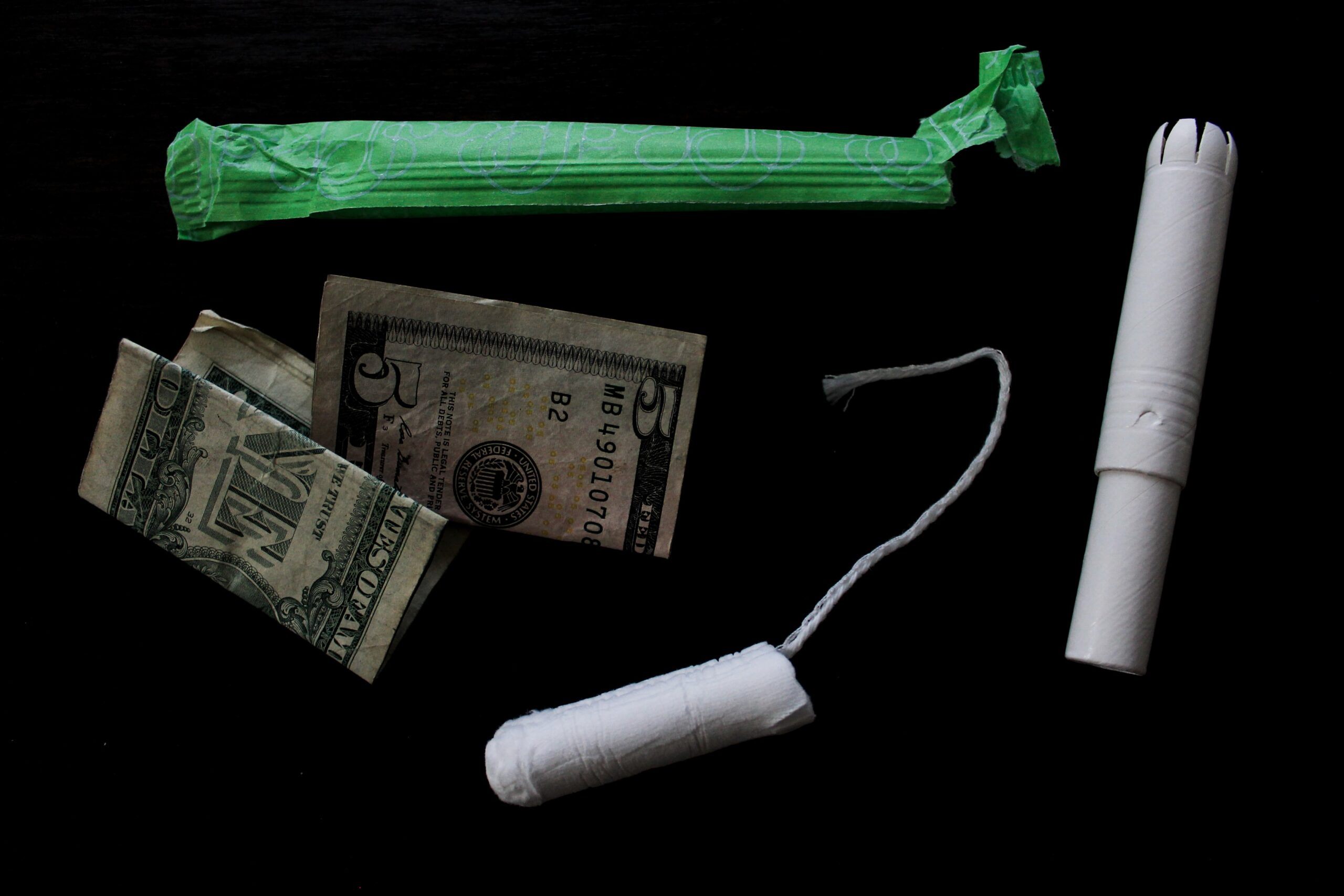OPINION: USF moves in positive direction by providing students with free menstrual products

USF’s Student Government (SG) has decided to start providing free menstrual products in restrooms on campus. Access to free period products will help promote inclusivity on campus as they will be provided in restrooms regardless of gender.
Partnering with Planned Parenthood Generation Action, an organization with a campus chapter that advocates for reproductive rights, SG plans to implement a new program titled the “Period Project.”
This new program will replace the previous menstrual product system in campus restrooms, which relied on bathroom users placing extra pads and tampons in a basket for other students and faculty to use. Now, students and faculty will no longer need to be the main providers of period products on campus.
Instead, dispensers will be installed in restrooms across the Tampa campus and will continuously be restocked with products by maintenance workers.
On average, people who menstruate spend $2,216 on tampons and panty liners in their lifetime, according to birth control provider Pandia Health. Many people below the poverty line experience period poverty, or “the lack of access to sanitary products, menstrual hygiene education, toilets, hand washing facilities and, or, waste management,” a definition provided by Global Citizen, an organization that works to end poverty.
Menstrual products are a health care necessity, yet government-funded programs, like Medicaid, do not provide such products. Adding to the lack of accessibility, 30 states tax menstrual hygiene products, according to Period Equity, a law group dedicated to promoting menstrual equality. By supplying free menstrual products, USF is assisting students who have trouble maintaining their financial stability.
In a $180 million tax cut issued in 2017, former Gov. Rick Scott eliminated the tampon tax in Florida. The tax went into effect in January 2018.
The lack of access to menstrual products is, however, a global issue that affects 2.3 billion people around the world, according to the United Nations Children’s Fund. By providing students at USF with period products, SG and Planned Parenthood Generation Action are taking a step closer to ending period poverty.
Period poverty is a result of the stigmatization of menstruation. UC Berkeley professor Isha Ray, who has studied female sanitation access through the U.N., said during the Blum Center for Developing Economies in July 2018 that providing people with correct hygiene products can help end the stigmatization of menstruation. The taboo will be diminished through the minimization of the struggle to find access to period products.
“We will ask the [U.N.’s Water Supply and Sanitation Council] to consider sanitation as a pathway towards gender equality — exactly as we would consider employment opportunities or educational opportunities pathways,” said Ray.
SG Assistant Director of Diversity and Wellness Alexis Roberson and Deputy Public Defender Jaida Abbas, both at the forefront of the Period Project, said this initiative will allow students with economic insecurities and a lack of access to menstrual products to have one less financial burden.
They also hope that a partnership with the USF Wellness Center will form from the Period Project, eventually providing financially unstable students with menstrual products at home.
“I don’t want students who are perpetually insecure in this area to rely on going to the bathroom and stocking up,” said Abbas.
As of 2019, one in four people who get their period struggle to find menstrual products due to a lack of income, according to period product provider Alliance for Period Supplies.
Access to free menstrual products is a necessity, and USF is working to combat the lack of inclusivity that many face when it comes to hygiene access and financial stability. This new initiative will help students continue their education without the burden of period poverty.







